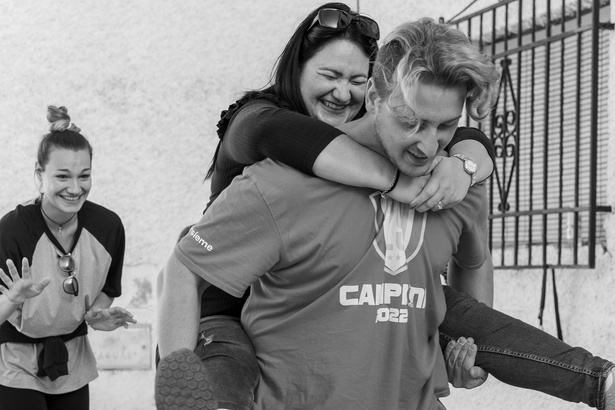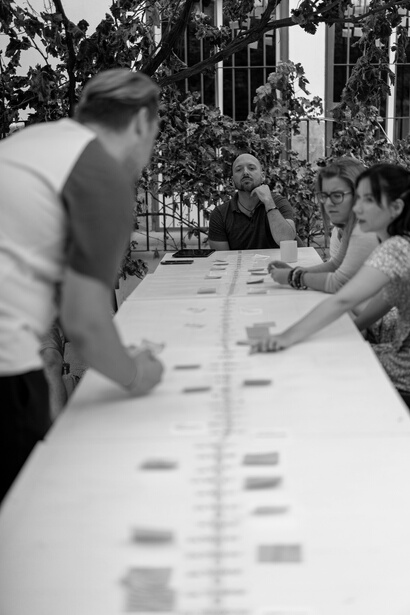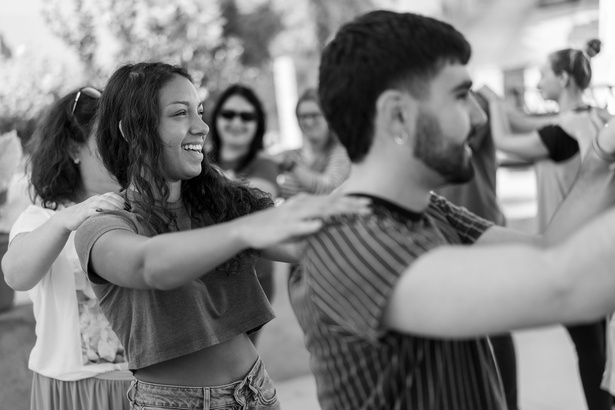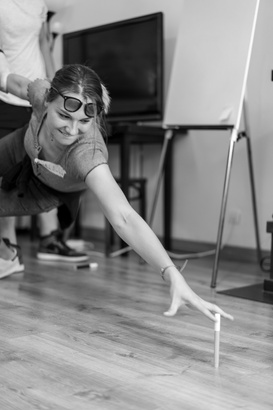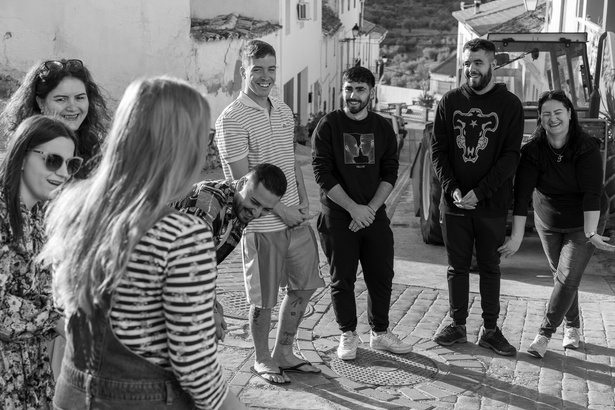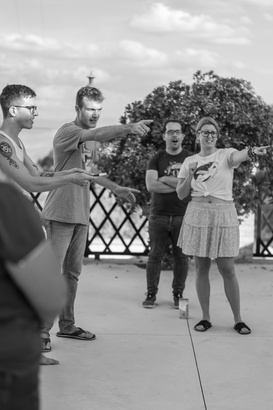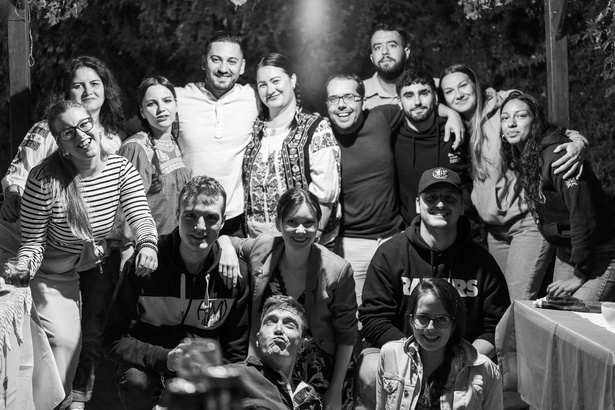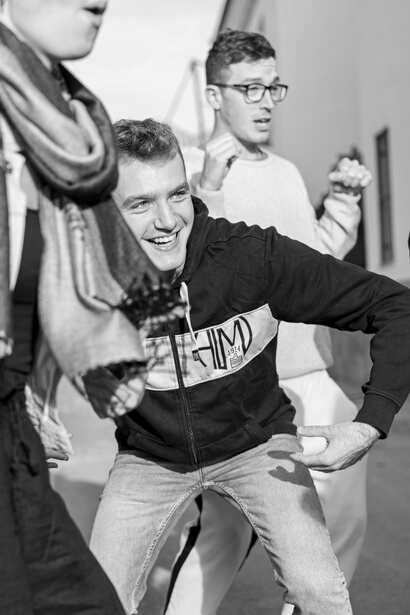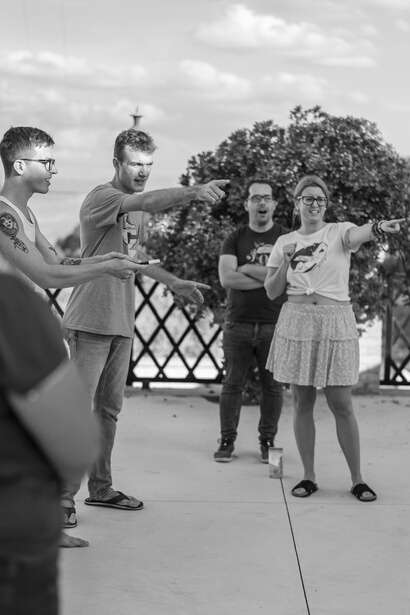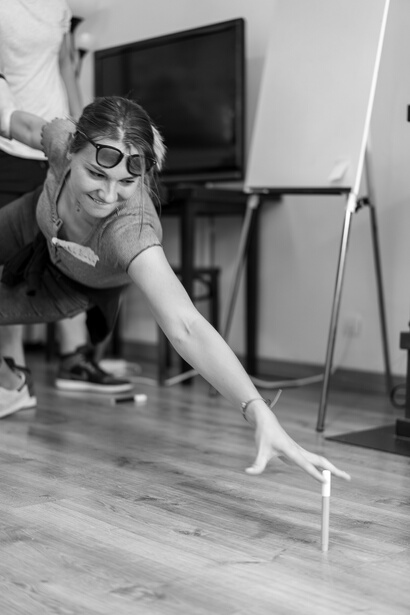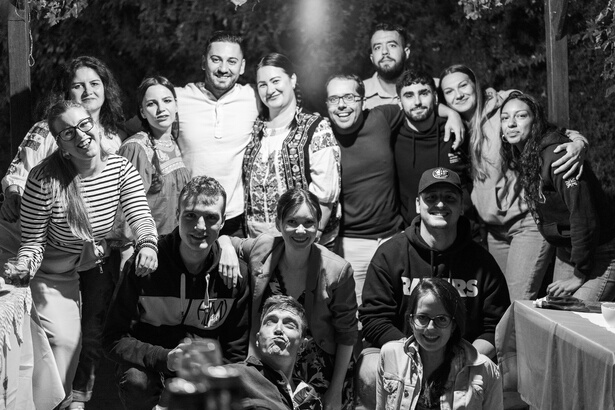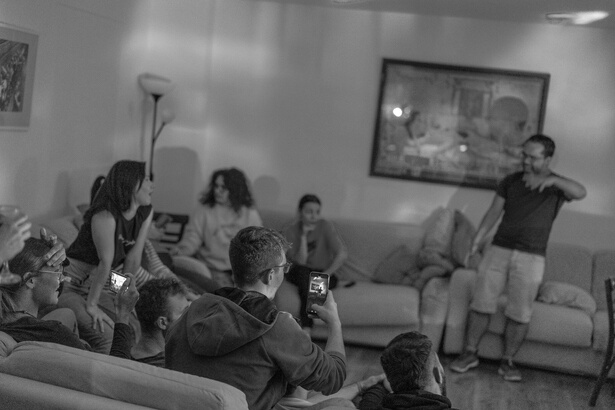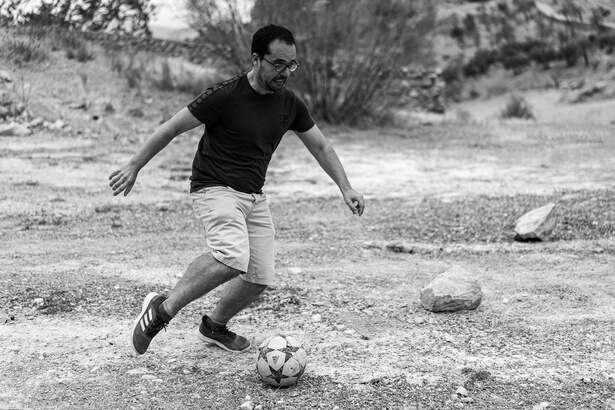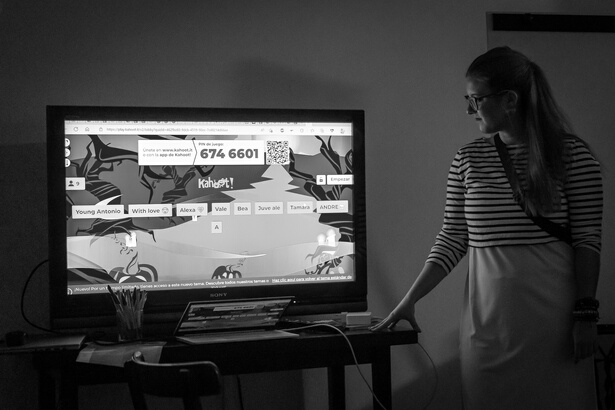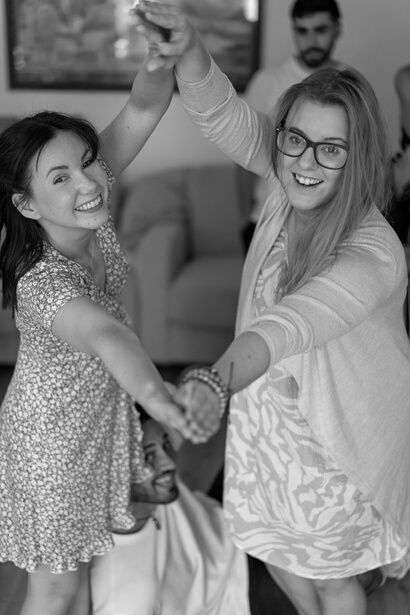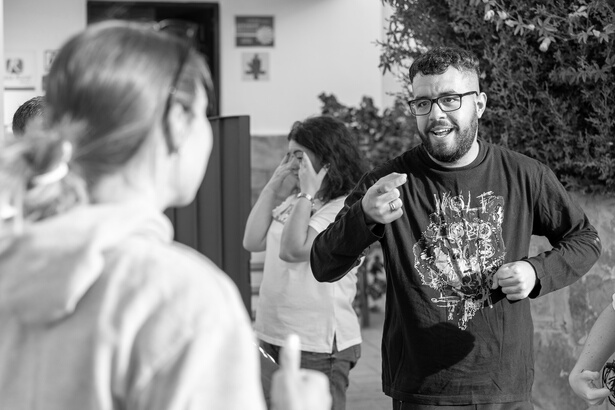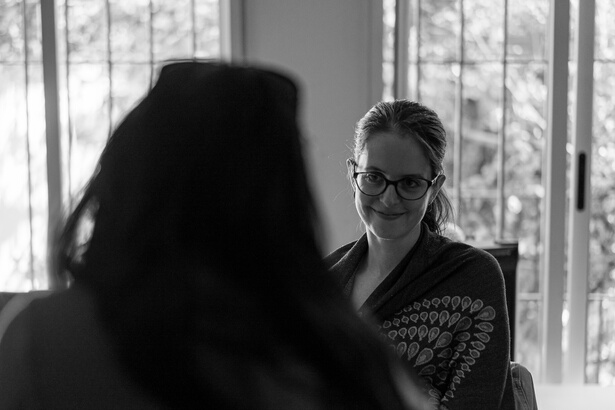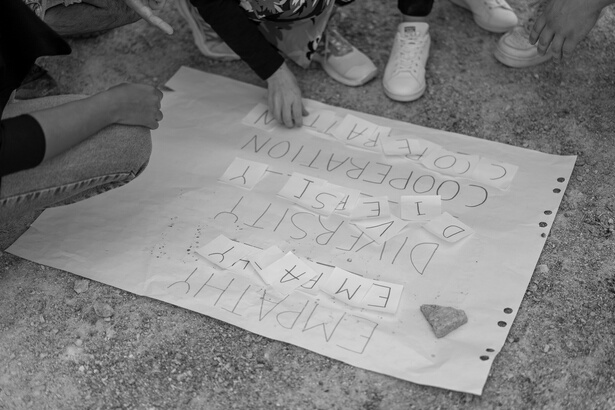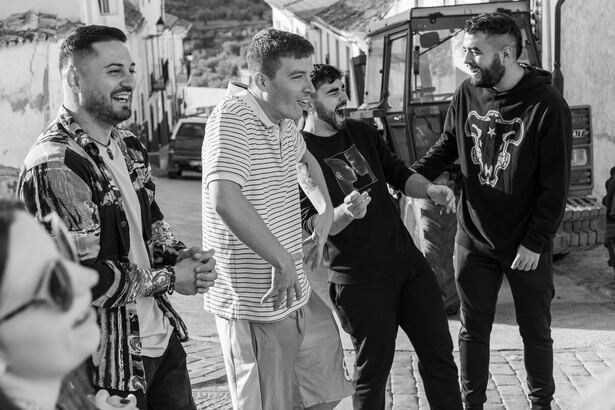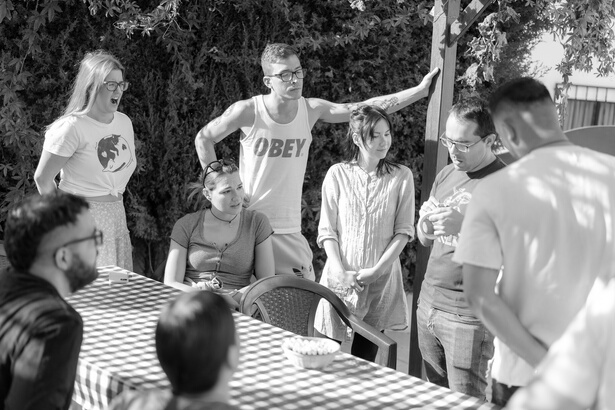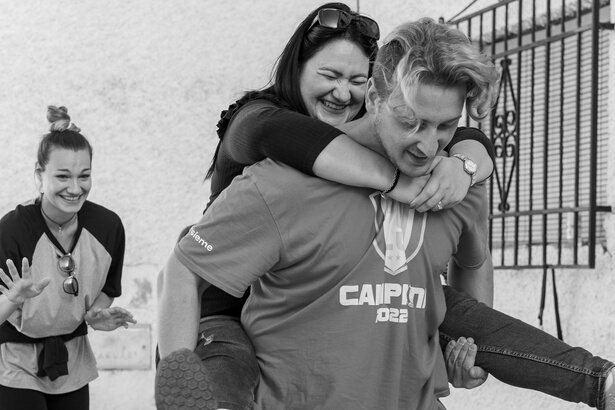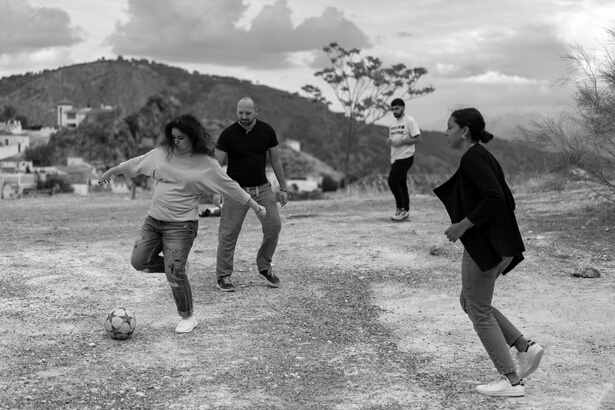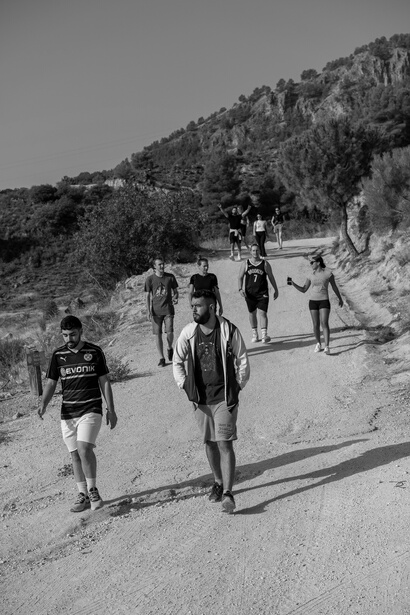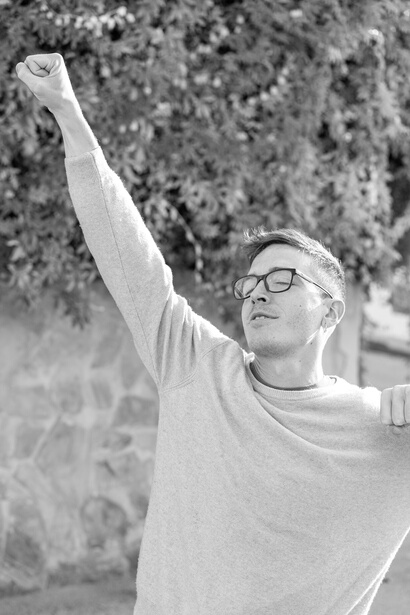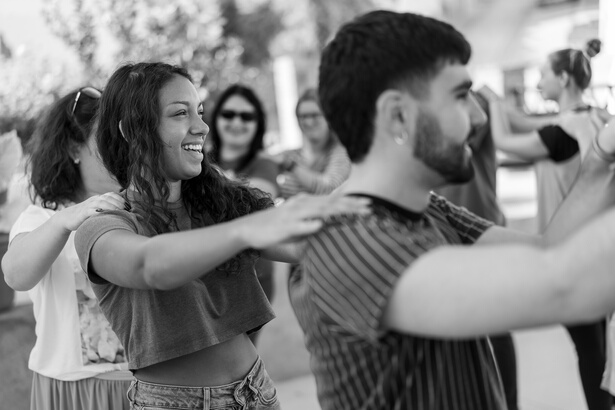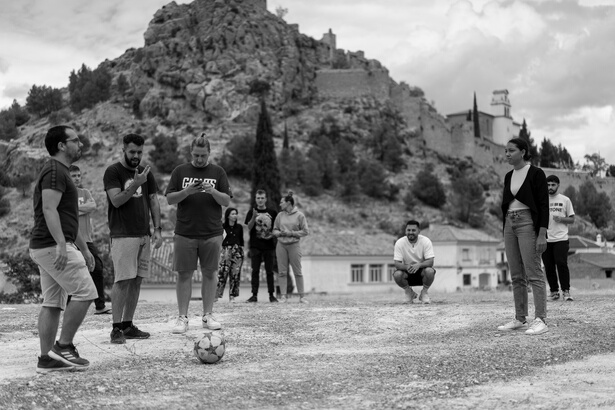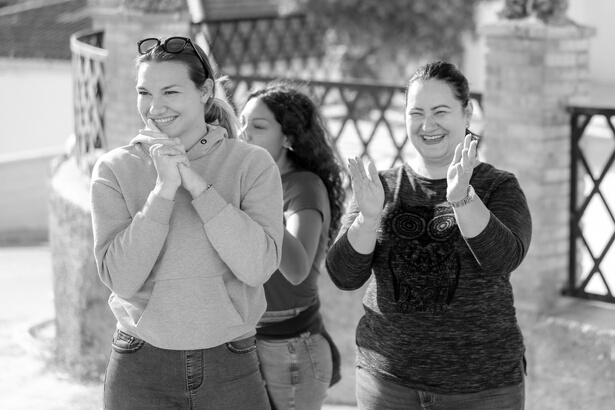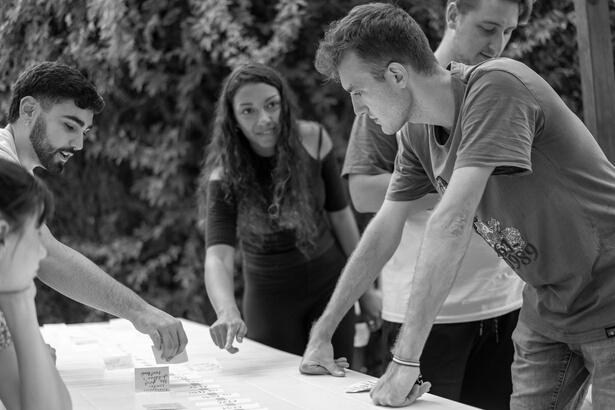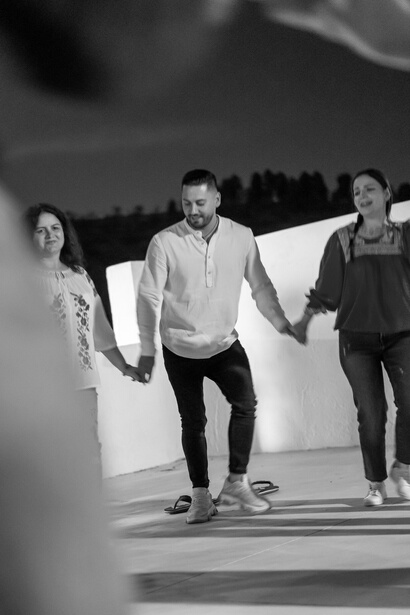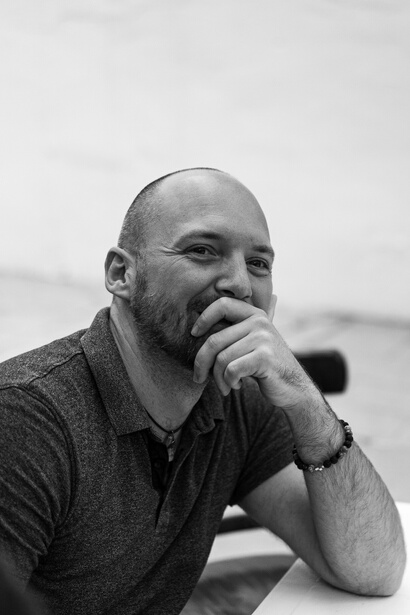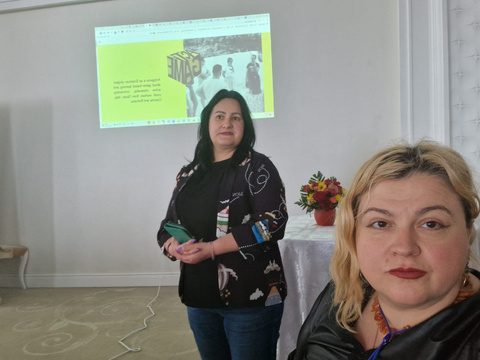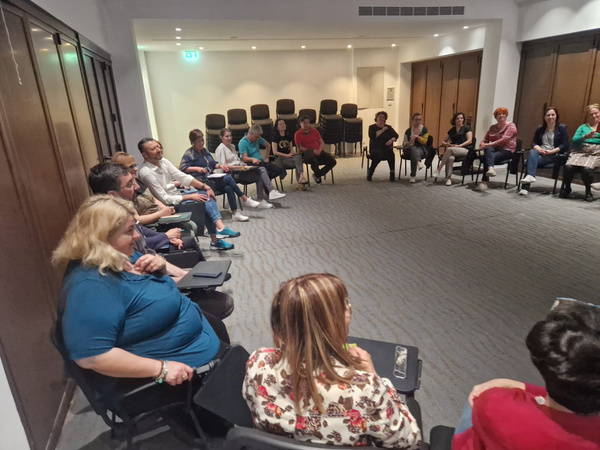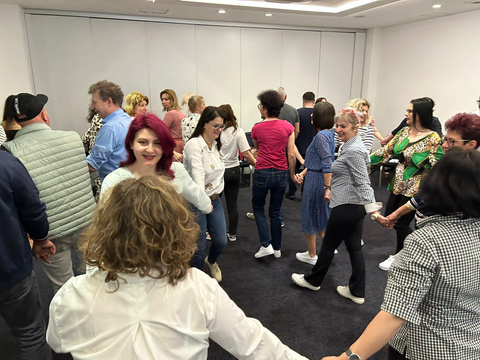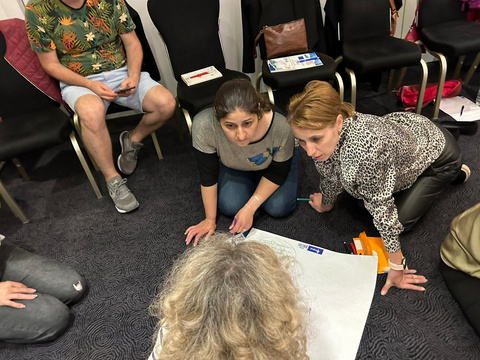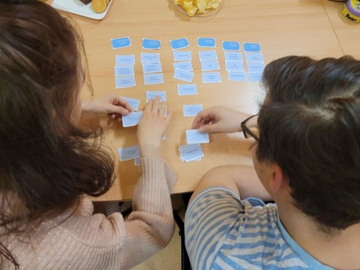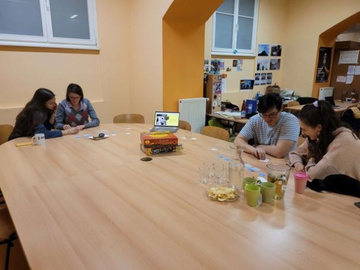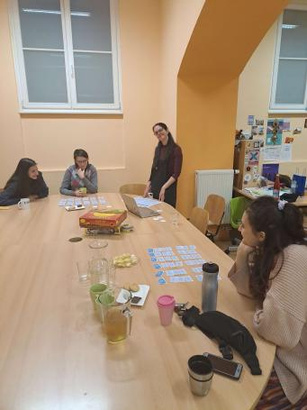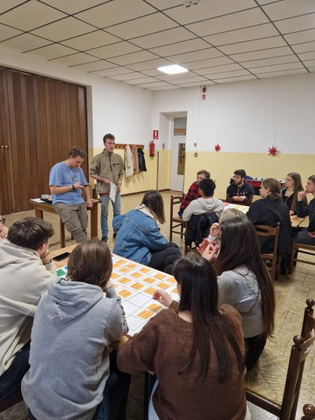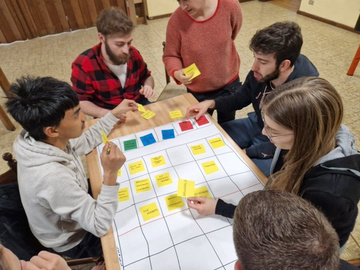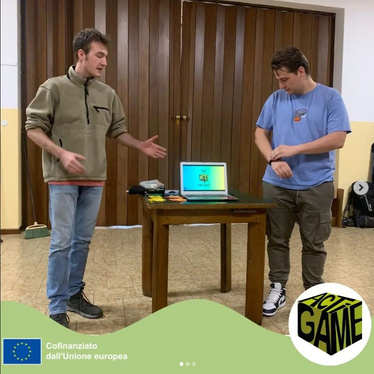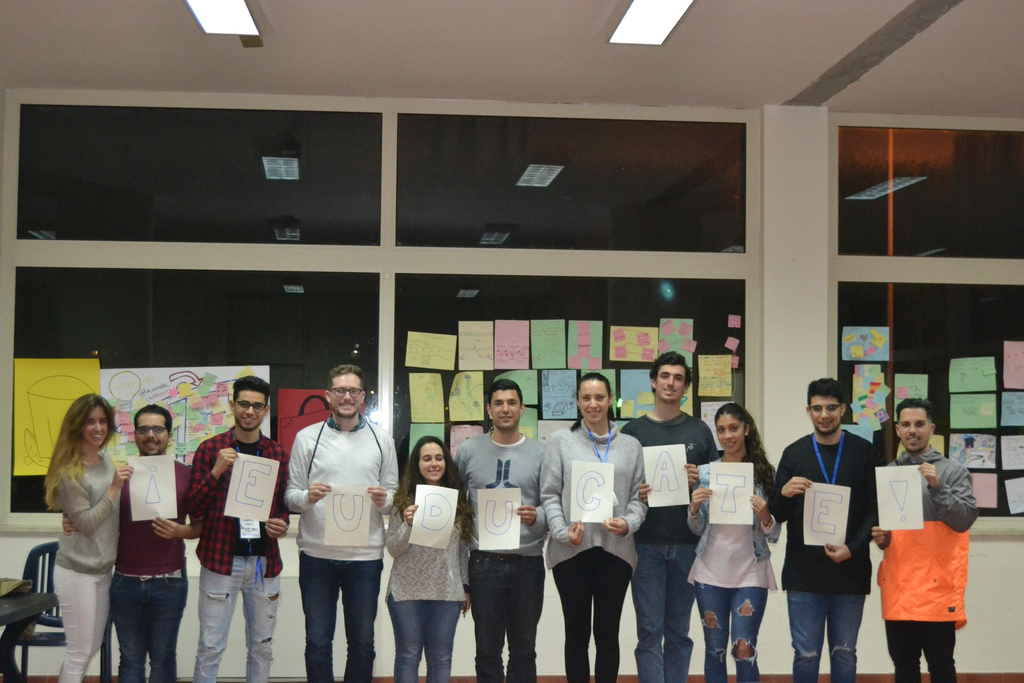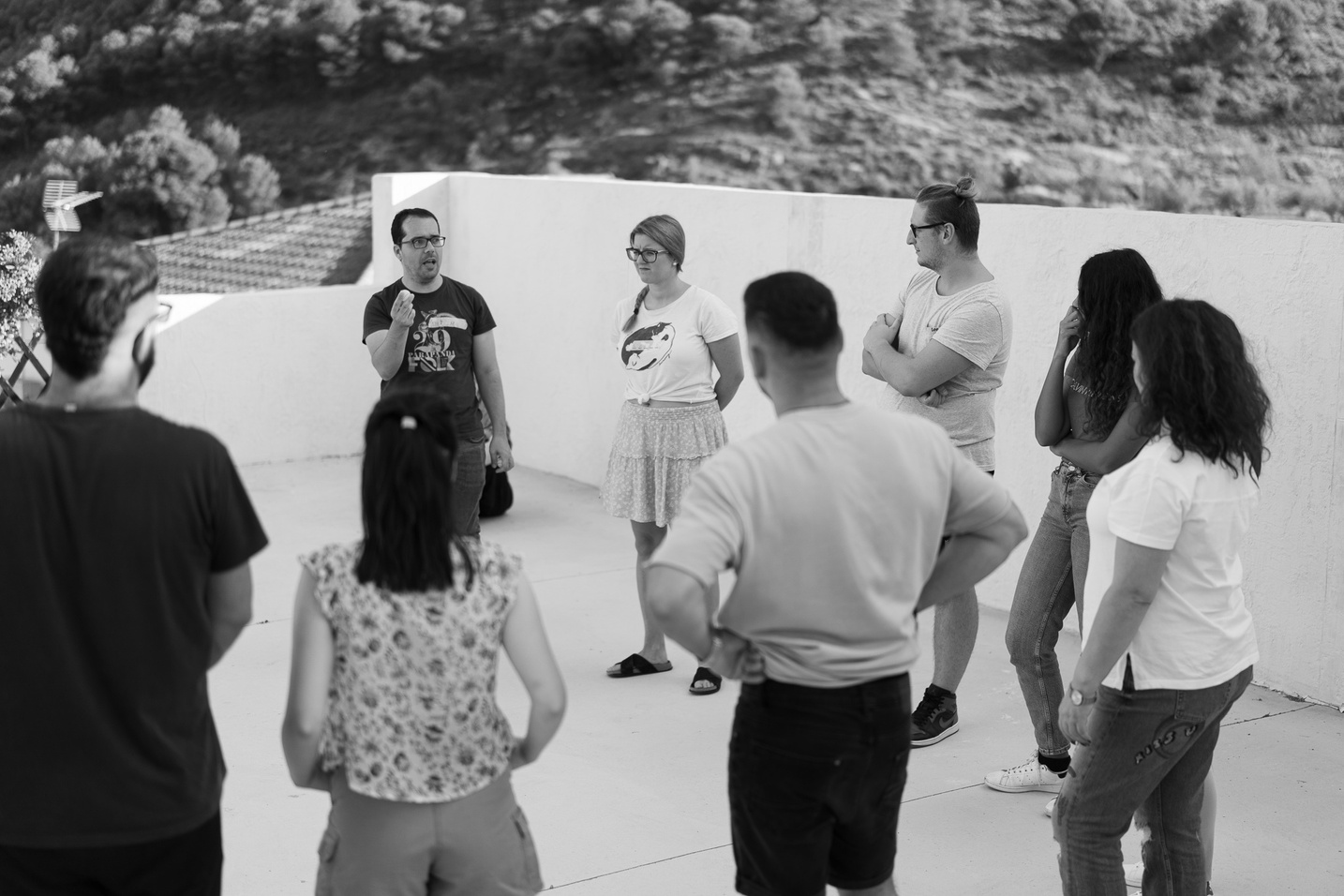
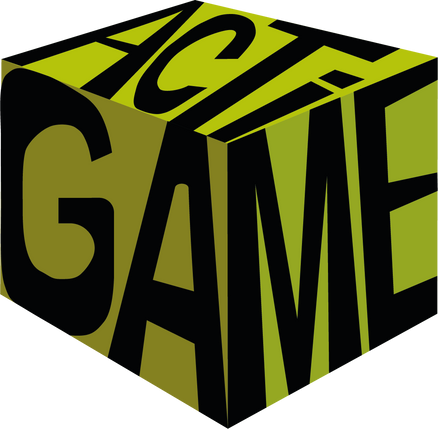
Actigame is an Erasmus+ project about game-based learning and active citizenship, connecting youth workers from Spain, Italy, Czechia and Romania.

The best way
to learn and
to get involved
is to play.
About
Actigame is a KA210 small scale partnership, supported by the European Union.
The goal of the project is to
- support youth workers in using game-based learning to increase active approach to citizenship among young people,
- share different methods of participation,
- raise awareness of the support the EU provides for young people,
- show the opportunities that exist within Erasmus+ to promote active citizenship.


prepa-ration
Together with the partner organizations, we have identified the most important topics and methods and selected the participants

training course
We met October in Moclín, Spain, for a 6-day Training Course to share good practices, explore the topic and experience different GBL methods.

survey
We are spreading a survey about active participation of youth within our organizations and local and regional networks.

local
events
The organizations will facilitate workshops about active participation using game-based learning methods, using everything they have learned during the project.

sharing
We will share the results of the project (survey results, games developped and improved and others) here, on SALTO and other suitable platfroms.
The team
Actigame project is created by 4 partner organizations:

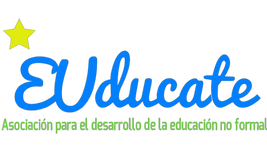
EUducate from Spain, the hosting organization

Be International
from Czechia
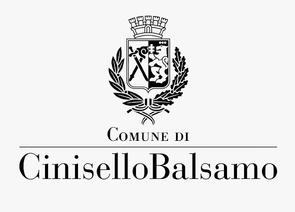
Comune de Cinisello
Balsamo from Italy
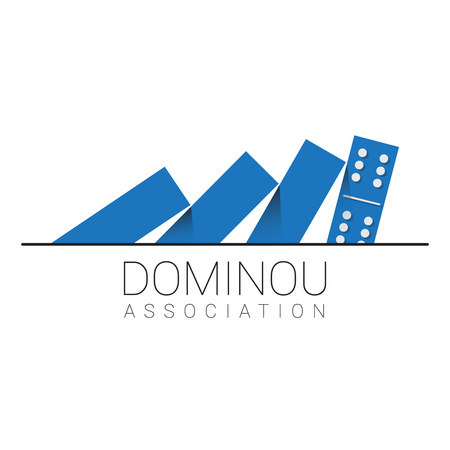
Dominou Association from Romania
Special thanks to
and supported by:
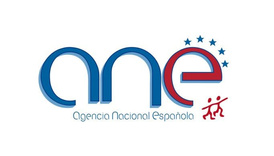

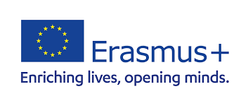

ACTIVE
PARTICIPATION
Youth participation is about individual young people and groups of young people having the right, the means, the space, the opportunity and the support to freely express their views, contribute to and influence societal decision making on matters affecting them, and be active within the democratic and civic life of our communities.
get involved
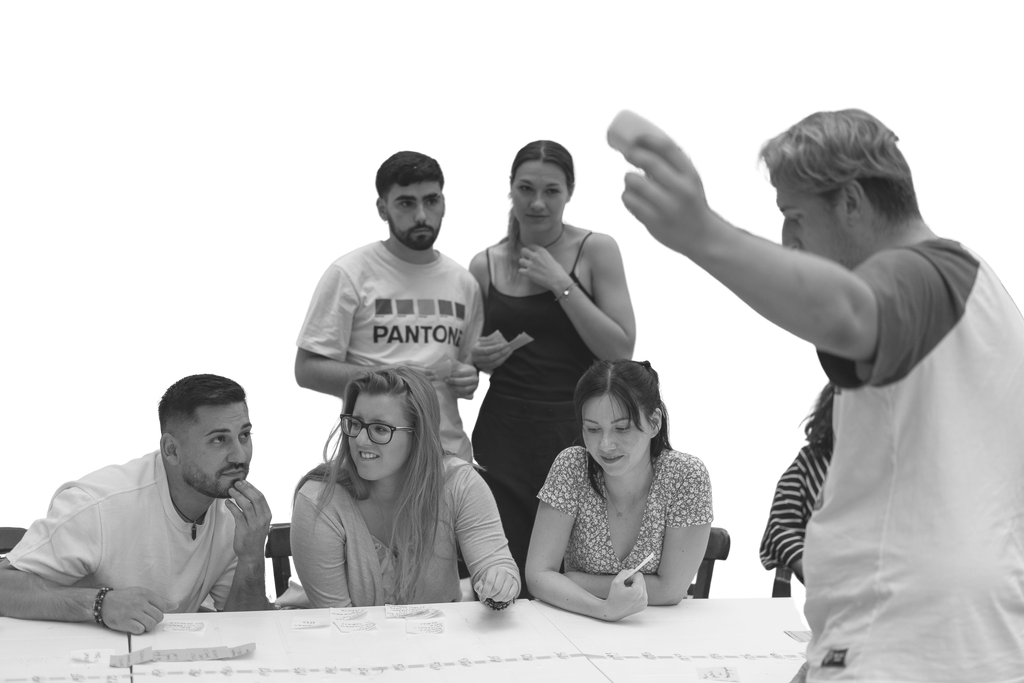


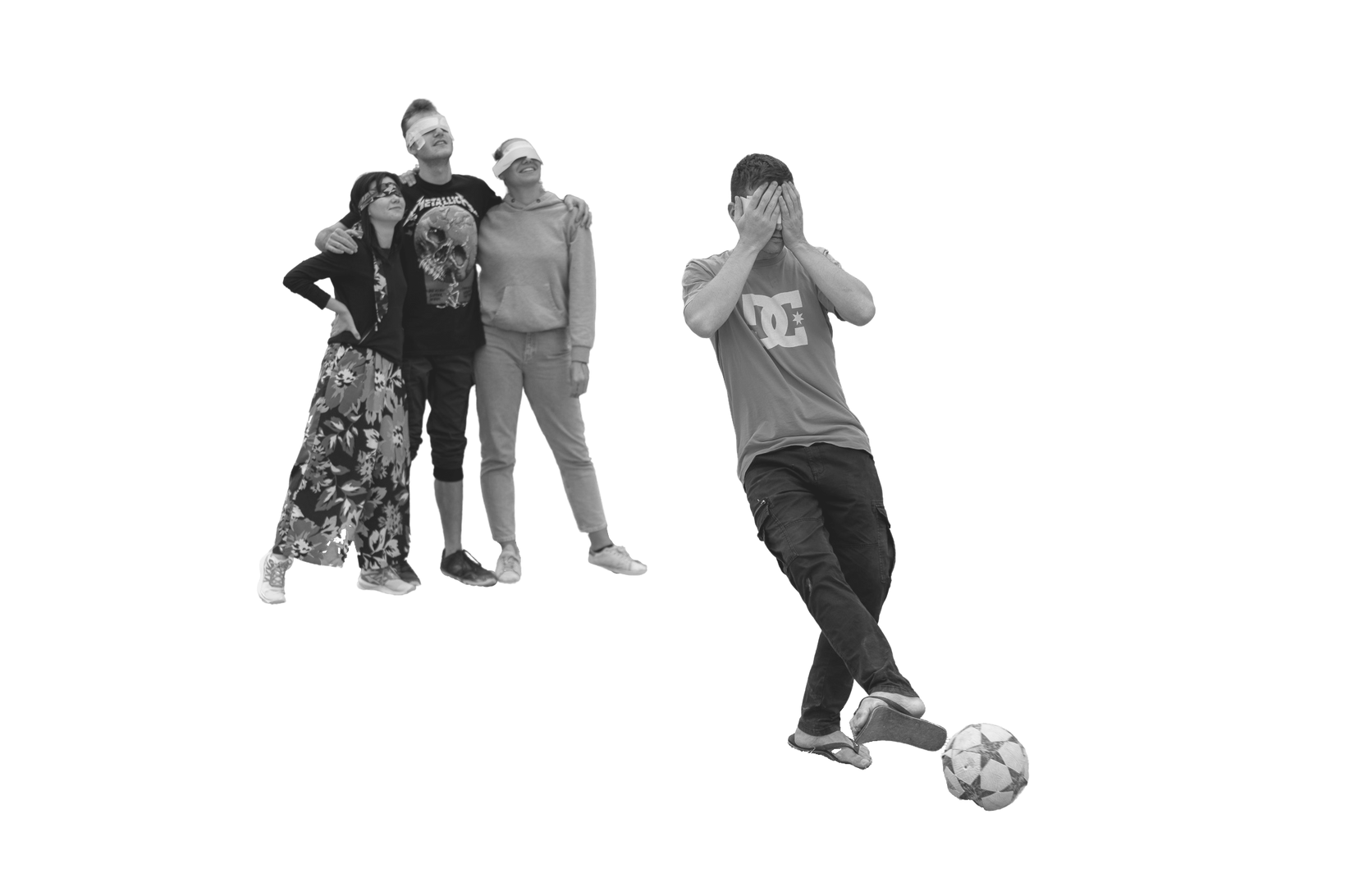
Game based learning uses the immersive quality of play to reach learning outcomes and leave a long-lasting impression on the players.
There are many types of games used in education - tabletop games, live action games, escape games and more.

Game-based learning
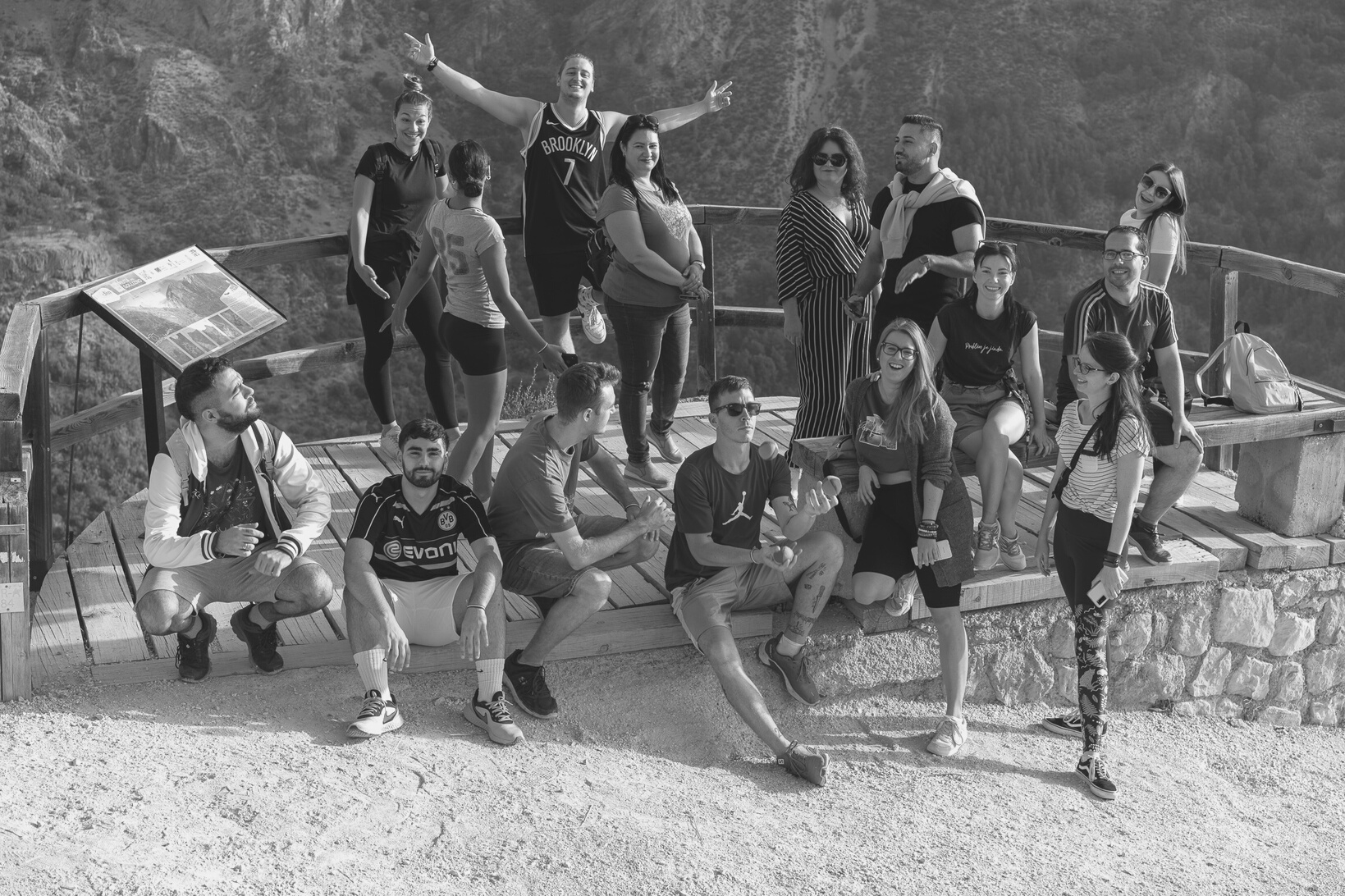
training course

6 - 13 of October 2022
Moclín, Spain
actigame tc

16 youth workers from Spain, Italy, Czechia and Romania came together to learn about game-based methods and active participation.

active partici-pation
We dicussed our views, experiences and local best practices connected to active participation of youth.
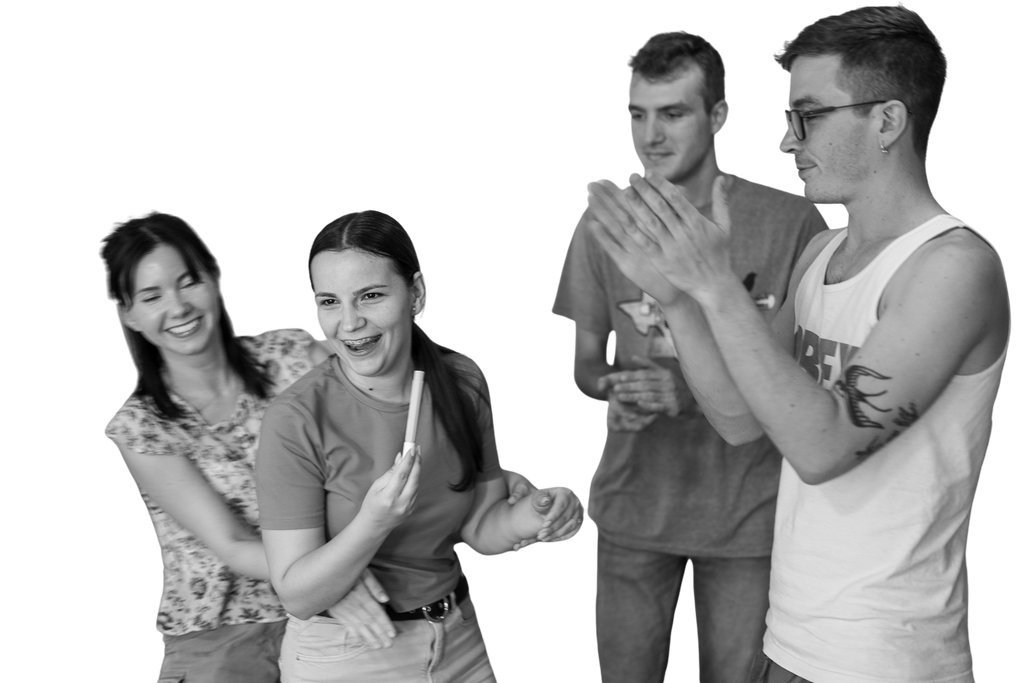

gbl
basics
We play many educational games, learn the basics
of game-based learning and explored already existing educational games.

game creation
We created four educational games on different topics and in different formats.

testing
We tested the created games with our colleagues and trainers and updated the outlines based on their feedback.

finali-zing
We reflected on our experiences during the project and recorded our competences, formalized in the form of a YouthPass.
11 tips for creating
edu-games

If you want to create educational games, you should...

... be creative, use your imagination and brainstorm ideas.

... do proper research on the topic to ensure the quality of the educational content of the game.

... create the game for the target group and environment.

... be inclusive during the creation process of the game and create inclusive rules for the game as well.

... understand the team members' motivation and keep up the team spirit.

... take inspiratoin from existing games and methods.

... be flexible, do multiple testing rounds and adapt the game and rules accordingly.

... have fun and be ready to be surprised.
The participants
of the Training Course
put together 11 tips for educators who want to create educational games.

... make sure the rules are clear and easily understandable.

... stay focused on the learning goals of the game.

... create the story, materials, aesthetics to support the learning goal.
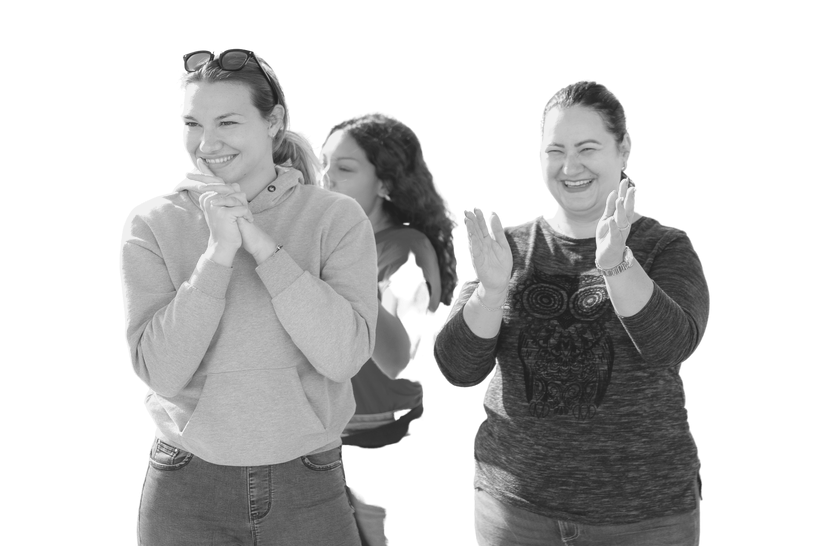
ActiGame gave me the opportunity to have another perspective on the youth field and the activities carried out as a youth worker, implementing the values of young people, creativity and education, and on the cooperation between youth, youth workers and other stakeholders who together form
the youth ecosystem! I acquired new information with practical applicability in the everyday life of the ideal youth worker!
Thanks to the training course
I realized the power of gaming both as
a teaching tool and
a bonding experience. It gave me the opportunity to learn new information about active citizenship and other cultures in
a light and fun way. After this project I feel like a better person, because it has enriched me on
a personal level.
Beatrice
Alin
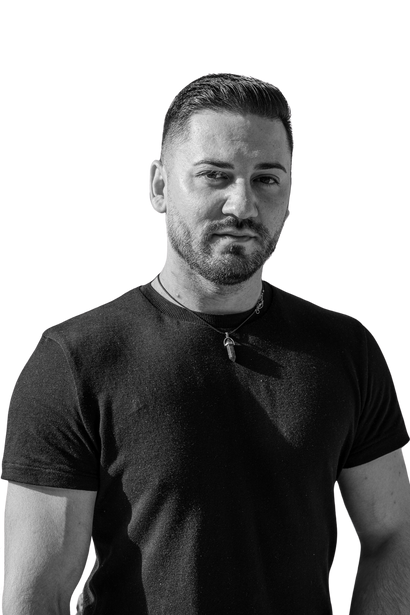

Games permeate our lives from early childhood as one of the most natural forms of learning and development. However, we sometimes forget them as we grow older. That's why I see it as important for youth workers to include games in their activities, to learn new game methods, perhaps also to share their experiences - and ActiGame was great for me in this respect. :)
Lucie

Survey on active
paticipation
An important part of the project is a survey on active participation among youth, youth workers and decision makers.
You can take part in the survey in your national language.
VIdeo interviews
spain
Czechia
italy
romania
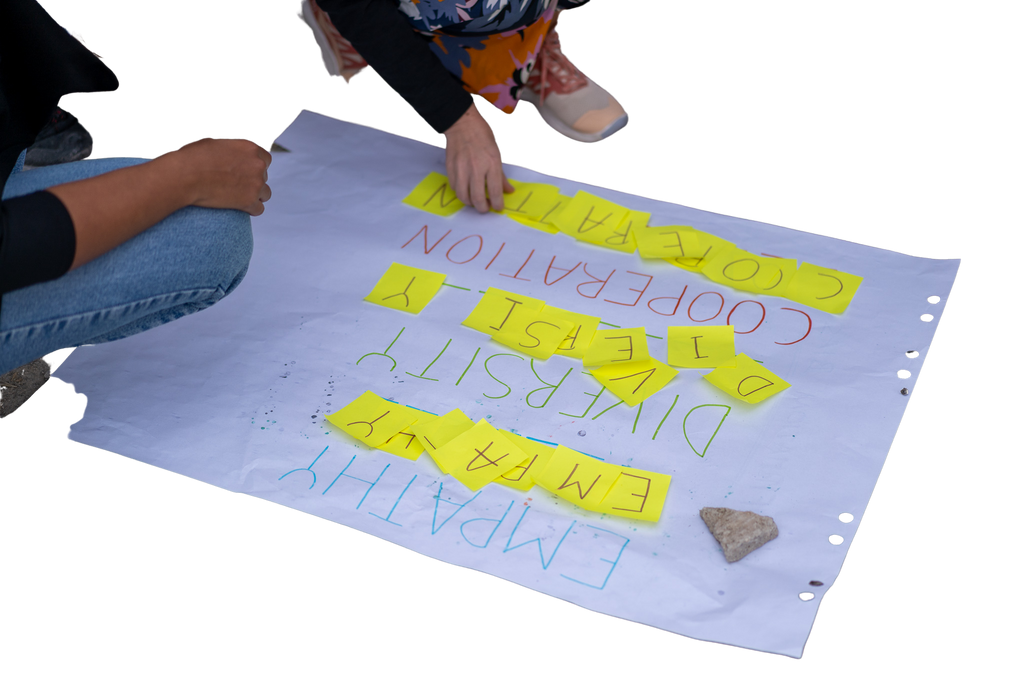
As part of the project we have created and tested educational games about active citizenship and related topics. Here you can download the games and other materials.
Games about active citizenship
the end (?)

The Actigame project and its activities come to an end.
The competences the youth workers gained and the professional relationships they have developped will have a lasting impact on their work and their communities.
Big thanks to the European Union, the coordinating organization EUducate and all participants and their sending organizations!
